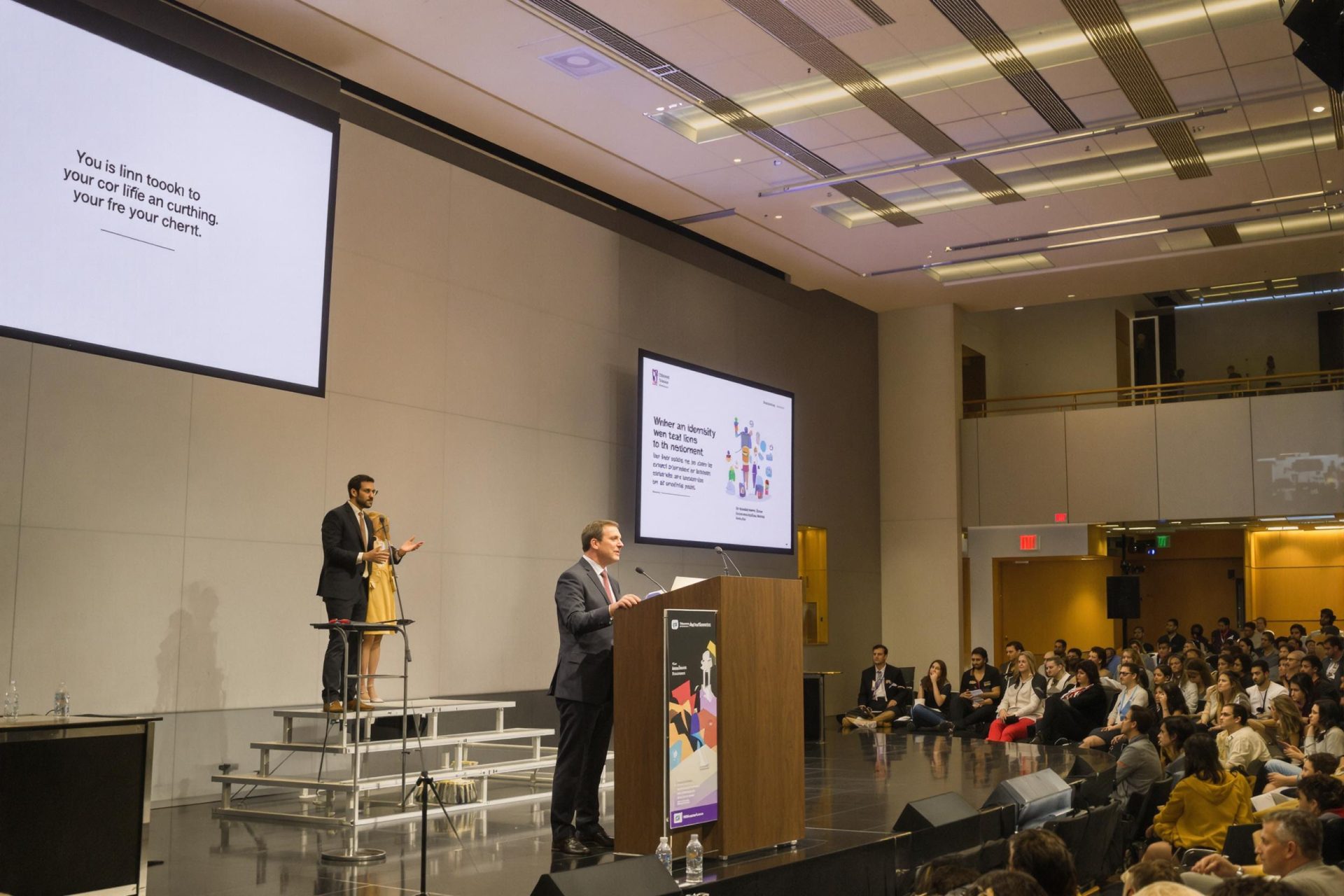Key Takeaways
- Ken Griffin, Citadel’s CEO, believes Artificial Intelligence won’t fundamentally change the investment industry.
- He views AI primarily as a productivity tool, helpful for very short-term trading but weak for long-term investment forecasting.
- Griffin acknowledges AI will significantly disrupt other sectors and jobs like call centers and translation.
- His perspective contrasts with other financial leaders, such as JPMorgan’s Jamie Dimon, who see AI as potentially transformative for banking.
Ken Griffin, the founder and head of investment giant Citadel, isn’t buying into the hype that AI will revolutionize finance.
Speaking to students for Stanford Graduate School of Business’ “View From The Top” series, Griffin expressed skepticism about AI’s impact on long-term investing strategies.
He mentioned that Citadel uses AI “a little bit,” primarily as a “productivity enhancement tool” that saves some time, but stated, “I can’t say it’s been game-changing,” according to Business Insider, which reported on the interview.
Griffin explained that AI and machine learning excel with static problems but struggle with predicting the future, which is core to investing. Forecasting how events will unfold over the next year or two is where these models “really start to fall apart,” he noted.
While AI works well for very short-term trading, perhaps predicting the next five minutes, Griffin believes it falls short for making sound long-term bets.
However, Griffin didn’t dismiss AI’s overall power. He acknowledged it’s “going to change the world around you in a lot of profound ways,” potentially eliminating jobs in areas like customer service call centers and document translation.
He also raised concerns about the societal costs, emphasizing the need to help displaced workers adapt to avoid a backlash against the technology.
Griffin’s view offers a contrast to other high-profile finance executives. JPMorgan CEO Jamie Dimon, for instance, has expressed strong belief in AI’s potential, calling its consequences “extraordinary” and possibly as transformative as major inventions of the past.



